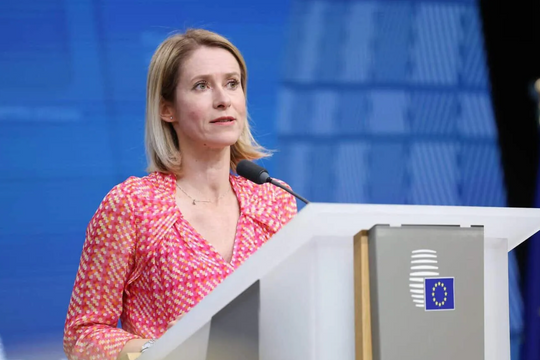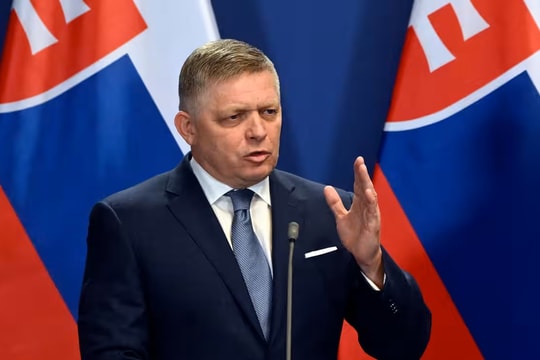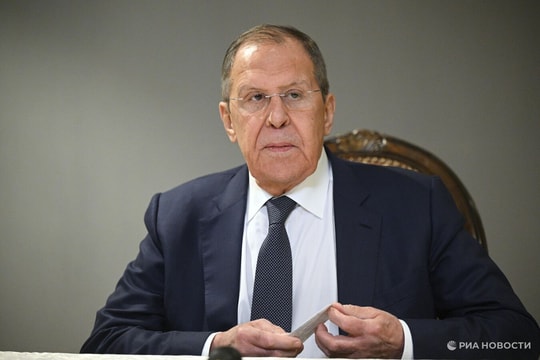Russia takes measures to respond to Western sanctions
On April 24, Russian diplomatic officials said that Moscow has taken timely measures to reduce economic risks from sanctions by Western countries and is actively switching to payments in the national currency ruble, including transactions with Azerbaijan and Armenia.
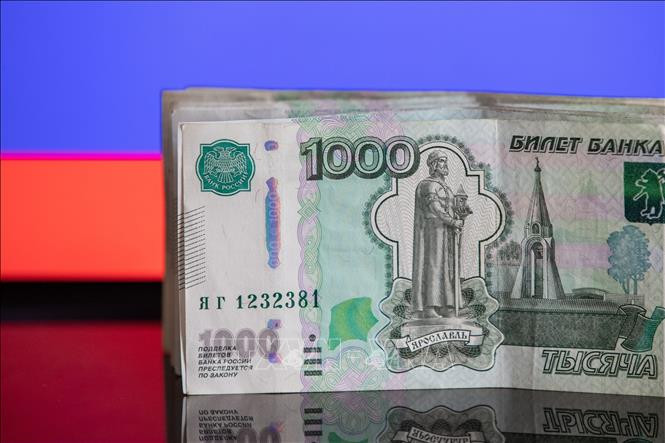
 |
| Russian rubles in Moscow, March 24, 2022. Photo: THX/TTXVN |
Russia is currently Azerbaijan's leading economic partner and is also looking to expand cooperation with Armenia. About 30% of total Russian-Azerbaijani trade is conducted in rubles, while Armenia has started paying for Russian gas in rubles.
On the same day, speaking to Germany's Die Welt newspaper, European Union (EU) High Representative for Security and Foreign Policy Josep Borrell said that a complete embargo or punitive tariffs on oil and gas imports from Russia had not received enough support from EU member states.
The official also said that the issue would be discussed at the next EU summit, which will take place at the end of next month. However, he left open the possibility that the European Commission (EC) could propose a sixth package of sanctions against Russia this week. According to Mr. Borrell, all EU countries are working to reduce their dependence on Russian oil and gas, and expressed confidence that the bloc will eventually be able to reduce this dependence.
Earlier in the day, EC Vice President and EU Trade Commissioner Valdis Dombrovski left open the possibility that the bloc was preparing a sixth package of sanctions against Russia over Moscow's military campaign in Ukraine, which could include an oil embargo. He said that when imposing sanctions, the EU should do so in a way that increases pressure on Russia while minimizing unintended damage. According to Dombrovskis, the details of sanctions on Russian oil have not been agreed. The EU could consider phasing out purchases of Russian oil, as well as imposing export tariffs above a certain price ceiling.
Russia is the largest oil supplier to Europe. In 2020, Russia supplied 26% of the EU's oil imports. After Russia launched a special military operation in Ukraine on February 24, the EU, the US, the UK and a number of other countries announced sanctions against Russian individuals and entities. The EU alone has approved five sanctions packages against Russia, including a coal embargo that was unanimously approved by 27 countries. The sanctions package also includes a ban on exports worth 10 billion euros to Russia, including high-tech goods, and the freezing of assets of a number of Russian banks. In addition, the EU is also expanding the list of banned imports from Russia, including raw materials and important equipment, estimated at 5.5 billion euros per year.

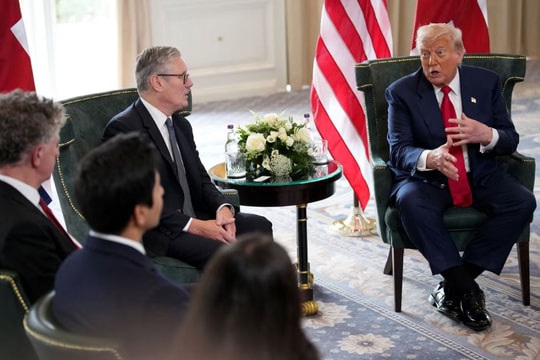
.jpg)

